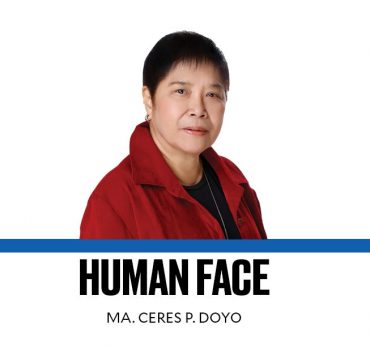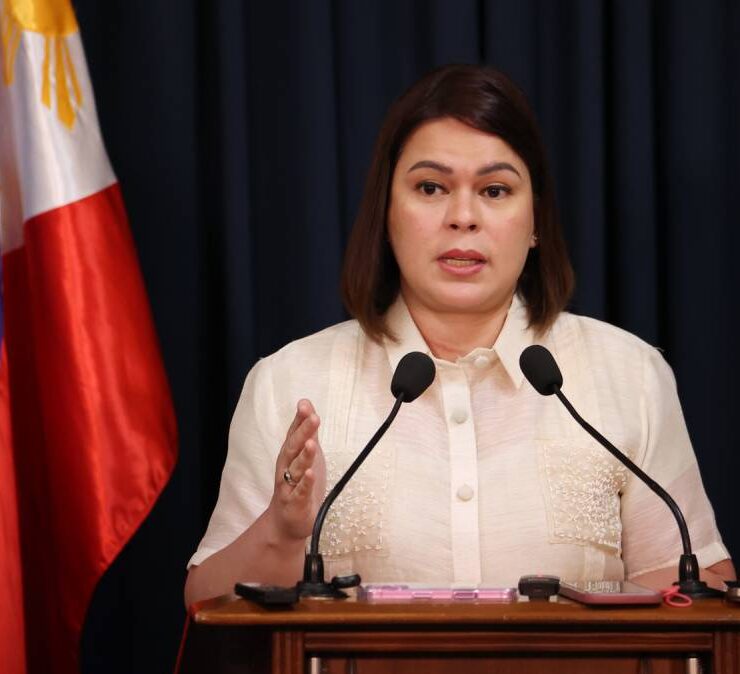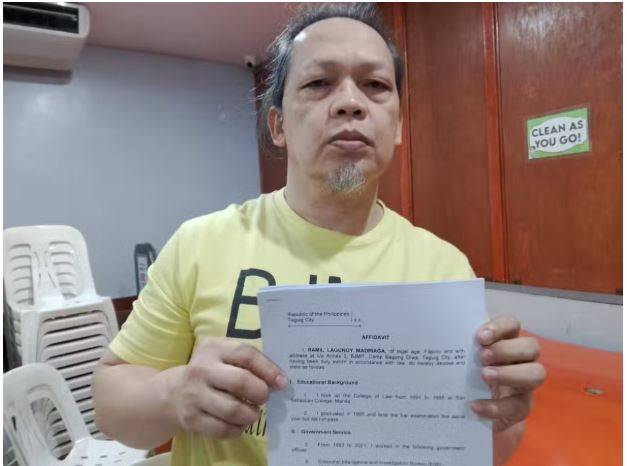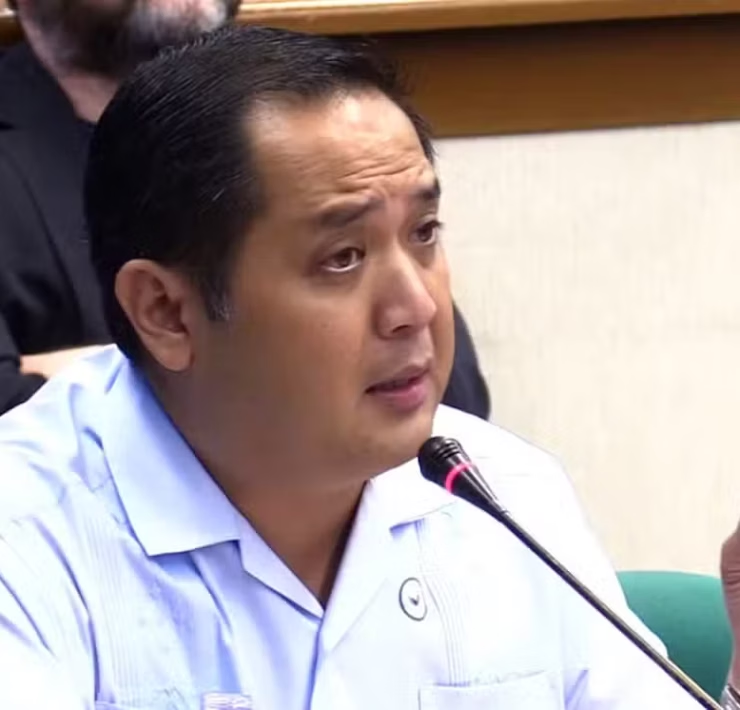Paving the road to reckoning

It took almost ten years, but finally a regional trial court (RTC) has found a police colonel guilty of extrajudicial killing, the fourth conviction handed out so far to law enforcers involved in the former administration’s brutal war on drugs.
In a 39-page decision, the Baguio City RTC Branch 60 found Police Col. Dante Lubos guilty of homicide over the death of Ryan Dave Almora on July 28, 2016, barely a month after former president Rodrigo Duterte launched his bloody anti-illegal drugs campaign.
Presiding Judge Rufus Gayo Malecdan Jr. sentenced Lubos, then the head of the city police’s Central Intelligence Unit, to up to 14 years in prison and ordered him to pay Almora’s family some P1.45 million in damages, lawyer’s fees, and civil indemnity.
Lubos had categorically admitted to shooting Almora dead during a police anti-drug operation, saying it was “necessary” as the victim had fought back and started shooting them and their civilian informant. But the judge dismissed the “nanlaban” narrative, citing “overwhelming” documentary evidence and expert testimony on the absence of gunpowder burns on Almira, the downward trajectory of the bullets, and the three shots to his abdomen and chest that rendered him “defenseless and [in a] compromised position when he was killed … by the accused.”
Lubos’ conviction brings to 10 the number of police officers found guilty in the extrajudicial killings of Kian de los Santos, Carl Arnaiz, and Reynaldo “Kulot” de Guzman in 2017, and Luis Bonifacio and his son Gabriel in 2016.
Killings as ‘self-defense’
Government data has put at 6,000 the number of suspects killed in police anti-drug operations, though rights groups say the number is closer to 20,000. Most of those killed had allegedly fought back, a narrative that Duterte said he supported during a Senate inquiry on the drug war in October last year.
Under oath, Duterte admitted that during his time as president and as mayor of Davao, he had ordered police to “encourage” suspects of crimes to fight back and “draw their guns” so that the officers can justify the killings as “self-defense.”
In February 2021, Duterte’s Justice secretary Menardo Guevarra told the United Nations Human Rights Council that more than half of thousands of anti-drug operations launched by the police had failed to comply with rules of engagement and protocol. The Duterte official noted that there was “no full examination of the weapon recovered, no verification of its ownership, and no request for ballistic examination or paraffin test.”
The initial findings of a government panel tasked to review controversial police operations also showed that in more than half of the cases, the agents involved had failed to coordinate with other agencies in the processing of the crime scene, Guevarra added.
Just retribution
While inordinately delayed, the latest court ruling is a welcome correction of the skewed justice system that saw the law weaponized to favor Duterte’s political allies—as in the exoneration of police involved in the death of suspects under government custody—and to silence critics, as in the case of former senator, now Mamamayang Liberal party list Rep. Leila de Lima, who spent almost seven years in prison before being acquitted of trumped-up drug charges.
With justice still elusive to thousands of other EJK victims, the National Police Commission should push its demand that the police open its sealed records on Duterte-era drug operations so that more scalawags can be identified, investigated, and charged.
Lubos’ conviction is also just retribution for the horrific violence visited on drug suspects executed in their homes before their families, who were then subjected to threats and intimidation to discourage them from testifying against the killers.
It is a timely reminder as well that standing up for truth, no matter how long it takes, remains a powerful deterrent against apathy and indifference, and an effective platform to keep unresolved crimes in the public eye.
Evidence of impunity
As such, these crimes and their perpetrators add up to the evidence of impunity during the term of the former president, for which he is now detained in The Hague to be tried before the International Criminal Court (ICC) for crimes against humanity.
The ruling, handed down on Aug. 22, is just weeks before Duterte’s scheduled confirmation of charges at the ICC this month. Lubos’ conviction would strengthen the prosecution’s case and back up the victims’ testimonies, as it shows how extrajudicial killings became an unofficial Duterte policy that government actors and law enforcers carried out without sanction or scrutiny. That is, until Duterte’s term ended, and the courts could again rule based on solid evidence unimpeded by the machinations of complicit officials.
For families of EJK victims, the police colonel’s belated conviction may be a small victory in their ongoing quest for justice, but it is certainly a giant step towards accountability and the final reckoning that awaits the master criminal behind such murders.





















In defense of education in private institutions